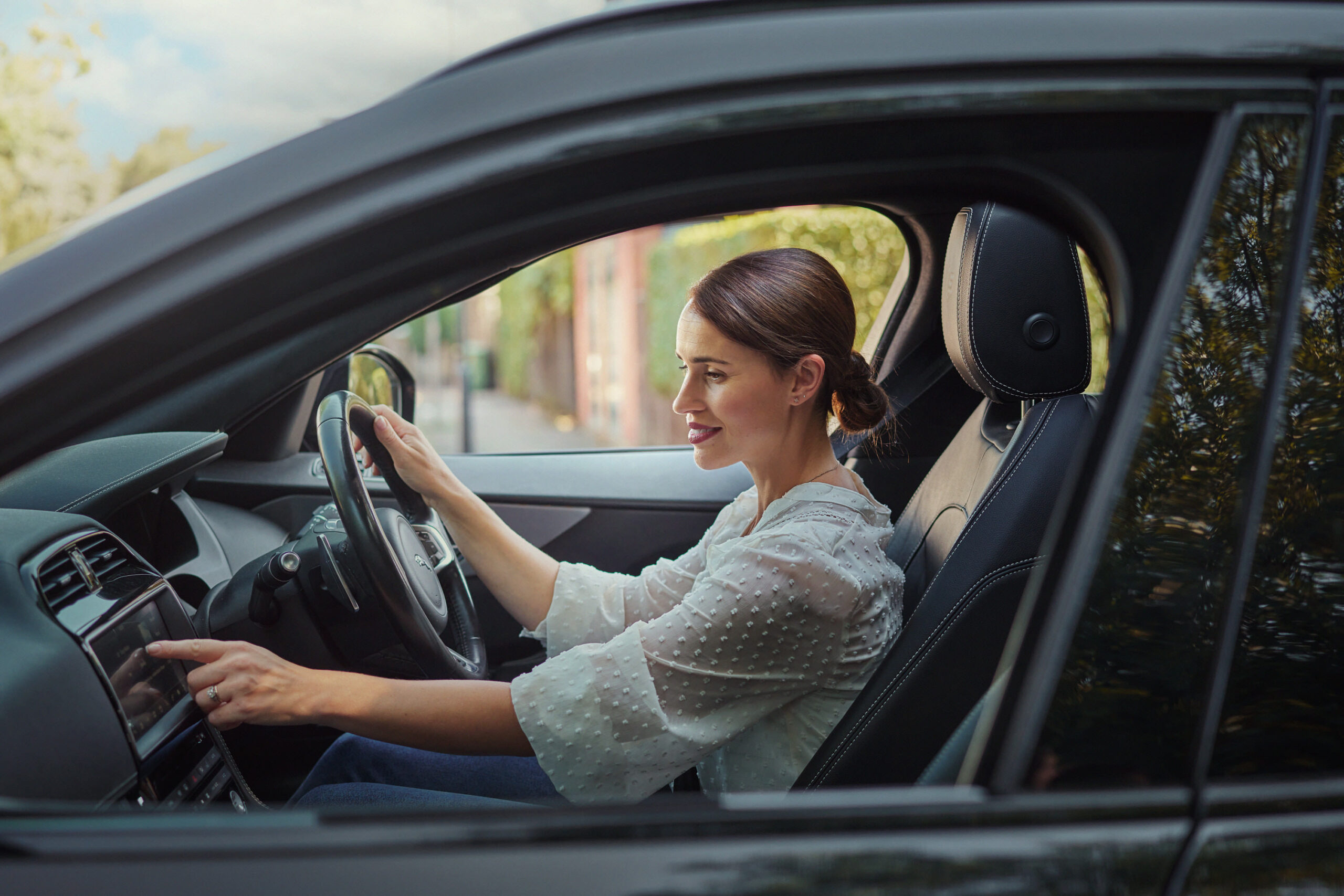How horse racing radio shows keep the spirit of the track alive

Radio has nurtured a unique bond with horse racing for decades, offering listeners a front-row seat to the action right from their armchairs or cars.
Institutions like BBC Radio 5 Live and dedicated racing channels bring live commentary, expert insight, and trackside ambiance into homes across the UK. The crackle of starting gates and the triumph of a well-timed ride are delivered with immediacy and precision. This auditory experience sustains the culture of the turf and keeps racing accessible to fans beyond those attending live at the course.
Listeners tune in not just for the race itself but also for in-depth pre- and post-race discussion. Panel shows and expert-led segments unpack form, trainer decisions, and jockey tactics. The audible medium allows audiences to hear alterations in ground conditions, horses drawn wide, and last-minute withdrawals. Such context enriches the viewing experience and deepens understanding among fans. Crucially, it complements what appears on screen and enhances how listeners engage with racing events in real time.
When races go live on air, platforms featuring the best horse racing betting sites often respond to the commentary with updates to odds and markets. As presenters review early pointers, shifting weather or impressive gallops, online sports betting markets may adjust the projected outcomes. A seemingly minor trainer move discussed on a live show can shorten a horse’s odds or revive interest in a lesser-known contender. For dedicated punters, synchronising what they hear on the radio with market data can prove a compelling combination.
Radio programmes dedicated to racing mix hard analytics with colourful anecdotes. Listeners might hear a segment on a champion stable followed by a former jockey sharing insights into that yard’s methods. The storytelling element connects fans to the characters behind the sport (trainers, jockeys, and stable staff), making the broadcast more than mere race calls. In the process, radio stations help sustain loyalty and keep audiences invested beyond simply picking winners.
Radio remains uniquely convenient. Fans can listen from their kitchen, car, or while walking the dog, maintaining a connection with the sport even when they are not at a screen. Through apps, DAB, and online streams, stations like William Hill Radio provide continuous coverage of UK and Irish racing audiences. This accessibility strengthens the role of radio as a companion to live events and ensures that horsing fans remain engaged across environments.
While televised racing offers rich imagery, radio adds value through uninterrupted commentary and deep listening experiences. Some races may have coverage gaps or limited camera angles; radio fills those spaces with descriptive narration and expert commentary. Stations often take advantage of live footage and race-course data to deliver nuanced observations and enrich listeners’ understanding. This synergy reinforces radio’s relevance even in a multi-screen era.
Radio studios engage listeners through calls, social media, and dedicated segments where opinions are shared. Shows may invite listeners to back a horse, debate trainer form, or offer tips. This interactive element bolsters interest and cultivates a sense of community among listeners. It also encourages regular tuning in and helps elevate radio from simply being an information channel to a dialogue platform for fans of the turf.
For many punters, tuning into a radio show becomes part of their race-day routine. They listen for updates on course going, scratchings, last-minute jockey changes, and the expert angle around key horses. The broadcast then sits alongside loading the racecard, placing a bet, or studying form, tying seamlessly into the broader spectating experience. Radio brings immediacy to the ritual and anchors it through sound.
Radio stations continue to evolve with the sport. Some now offer push-notifications for odds or quick summaries of key form shifts ahead of the off. Others adapt to podcast formats, allowing listeners to catch up on insightful interviews and race reviews. This hybrid approach ensures radio remains relevant to both casual listeners and dedicated racing fans. Its ability to adapt across platforms ensures the spirit of the track is kept alive in new formats.
There is an emotional power in hearing a commentator’s voice as the cameras reach the final furlong. The suspense, the buildup, the drive to the line (all delivered via sound) creates a connection that visual broadcast cannot entirely replicate. Radio captures the drama, the roar of the crowd, the trainer’s reaction, and the immediacy of the result in a manner that invites immersion. For fans of racing, that auditory richness ensures radio remains a vital channel.
As digital media proliferates, radio must maintain its unique strengths: live commentary, expert voice, immediacy, and portability. By embracing these qualities and continuing to innovate, these shows can thrive alongside streaming, television, and betting apps. For established fans and new audiences alike, radio remains a portal into the heart of the sport.
Even when the horses return to the stables, radio programmes continue to deliver previews, reviews and expert discussions, keeping fans connected between meetings. Whether a listener is placing a small punt or simply following a favourite stable, these shows preserve the atmosphere of the track and reinforce the vibrant culture of UK horse racing.

